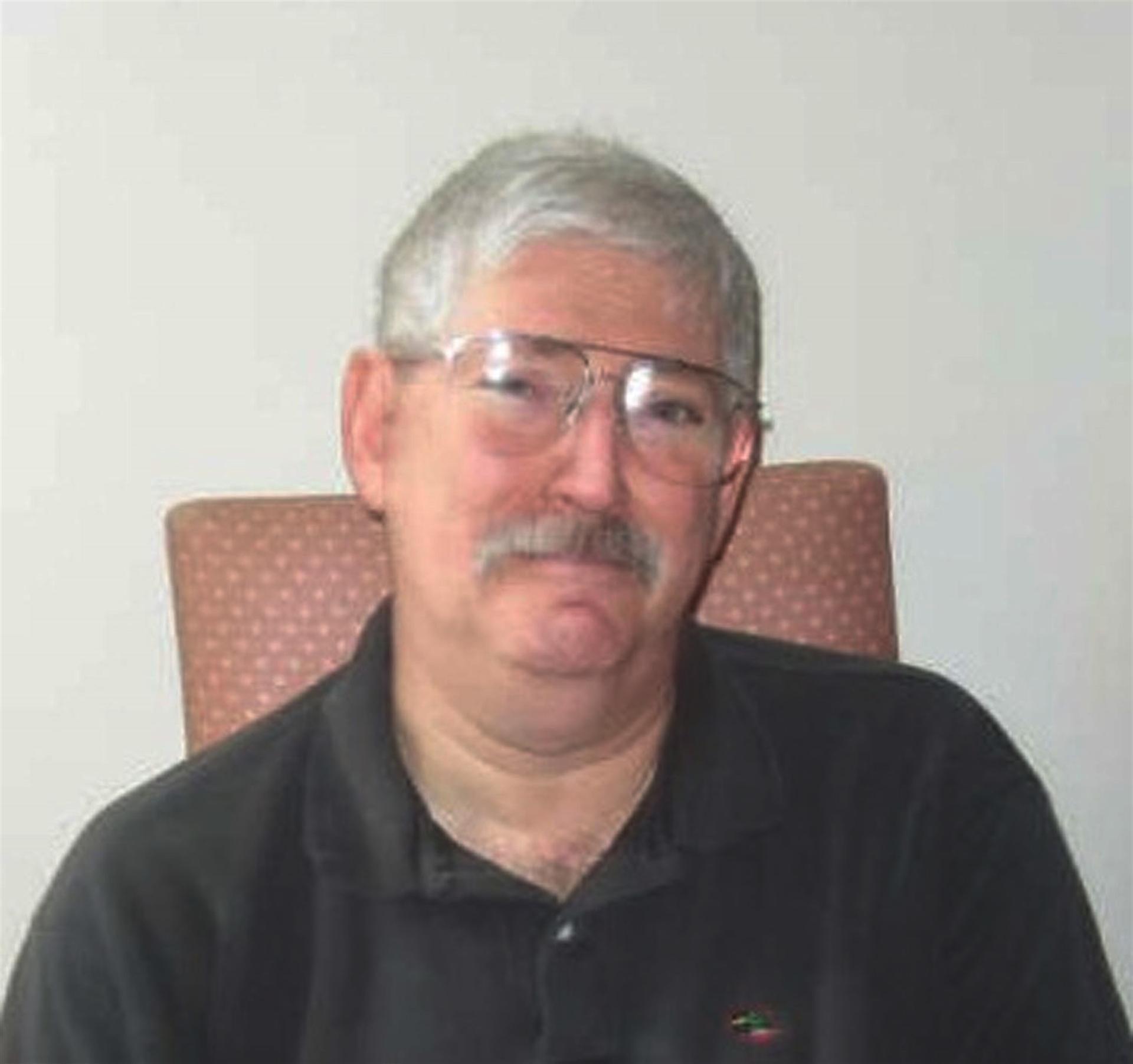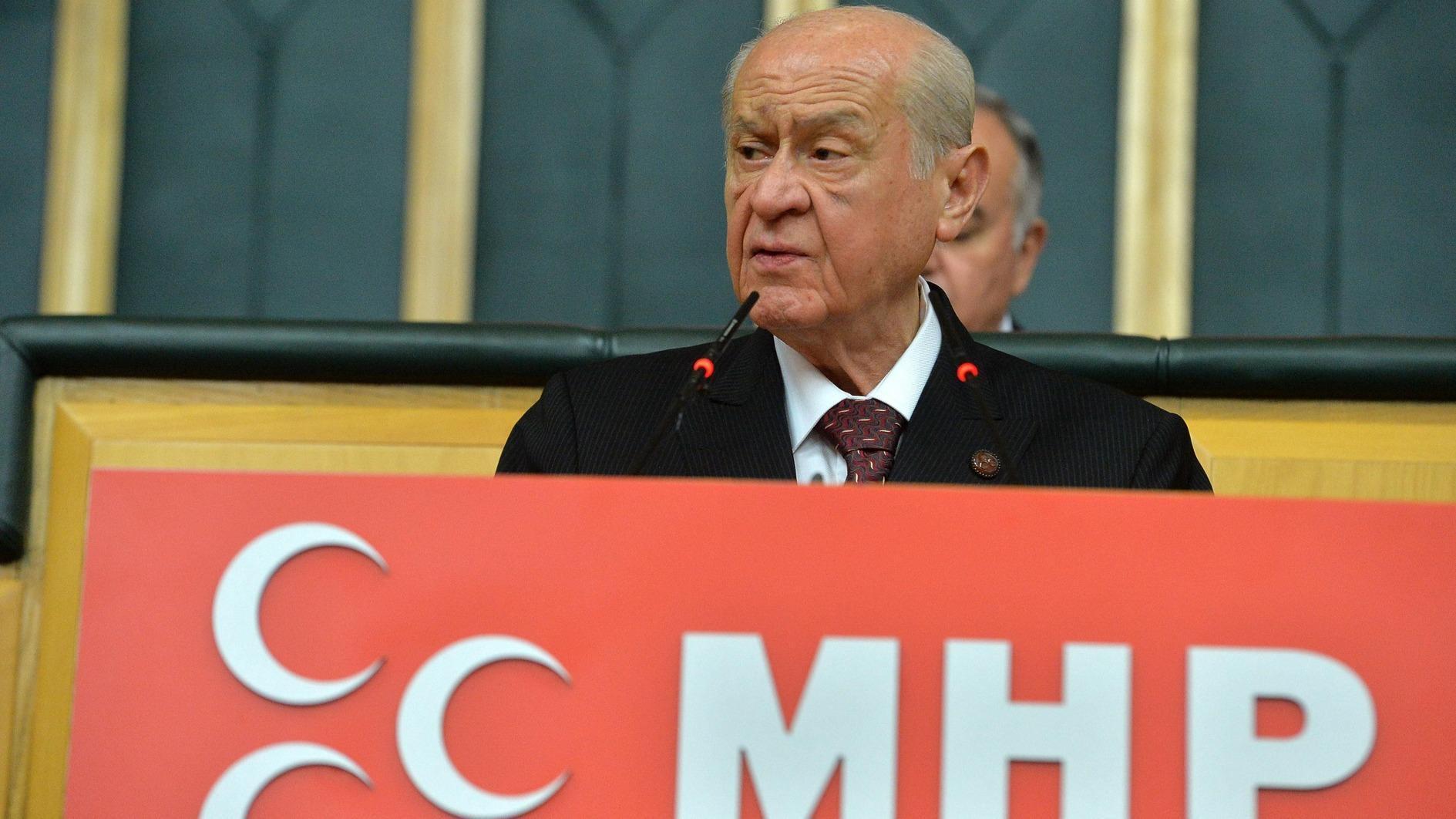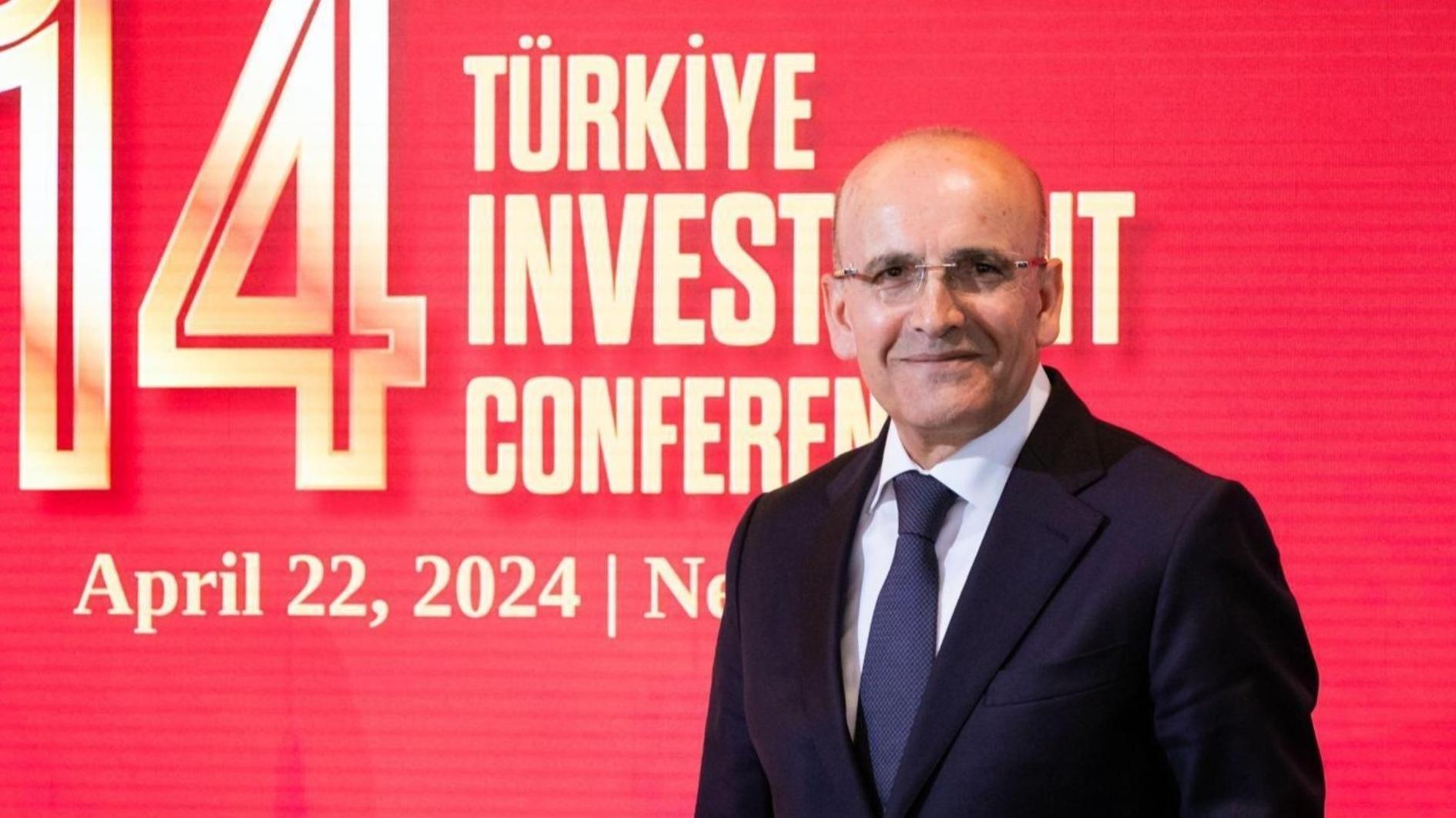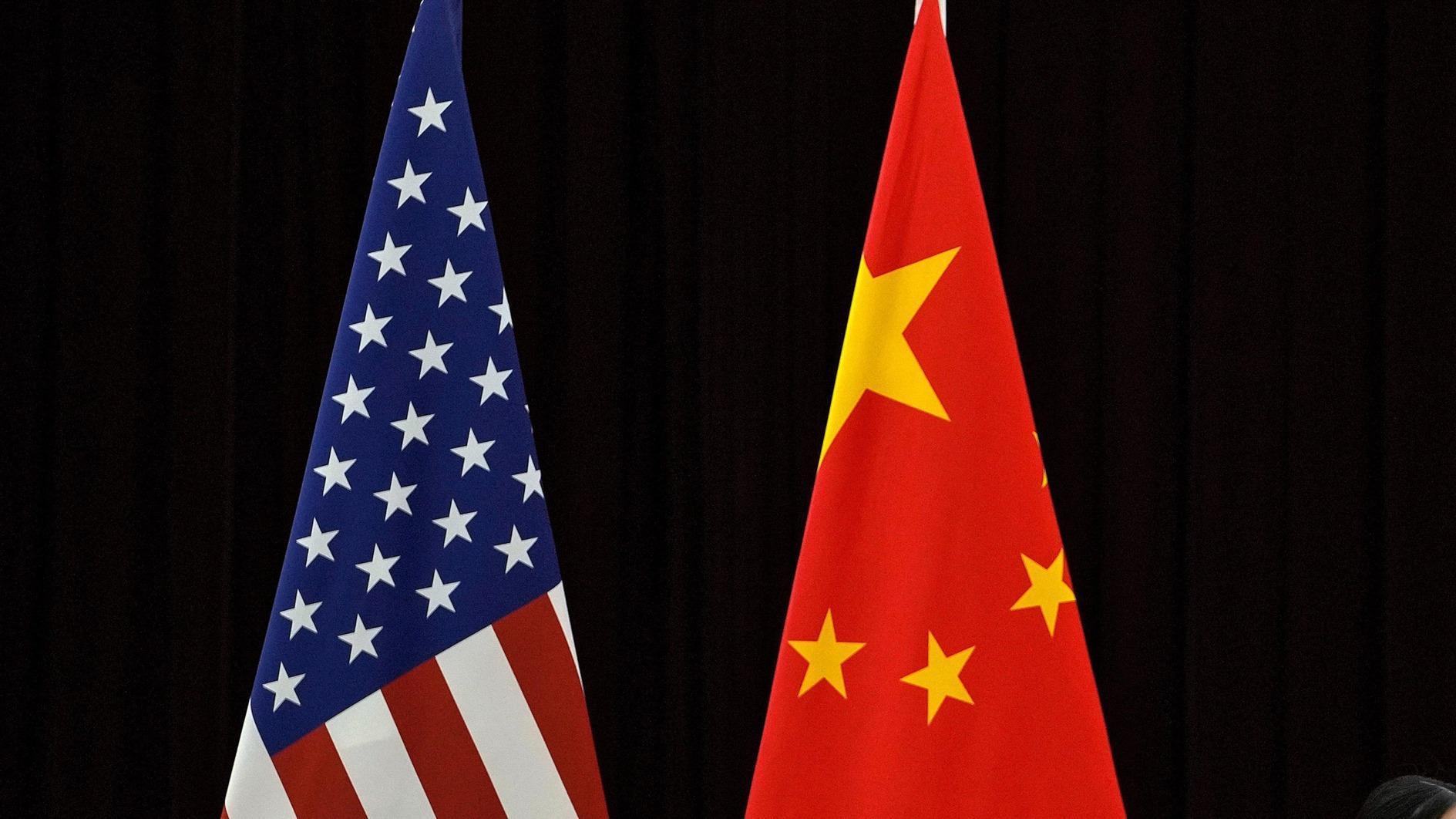Tehran says missing former US agent left Iran years ago
TEHRAN - Reuters

Tehran said on March 26 that a former FBI agent who disappeared in Iran 13 years ago had left the country a long time ago, despite his family saying a day earlier that he had died in Iranian custody.
Robert Levinson went missing on Iran's Kish Island in the Gulf in March 2007. The case is another irritant in the already hostile relationship between Washington and Tehran.
Levinson's family said on March 25 it now believed Levinson died in Iranian custody, based on information from U.S. officials.
"Today with aching hearts, we are sharing devastating news about Robert Levinson, the head of our family," they said in a statement.
However, Iran's foreign ministry spokesman said on March 26 that, based on what he called credible evidence, Levinson had left Iran "years ago" for an unspecified destination.
"In the past years Iran has tried to find out his state but could not find any signs of him being alive," spokesman Abbas Mousavi said, according to state television.
Reuters reported in 2013 that Levinson, a private detective and former FBI agent, was investigating allegations of corruption by well-connected people in Iran.
Lawyer David McGee said then that Levinson was trying to trace money laundered through Iranian exiles living in Toronto.
U.S. officials had acknowledged to Reuters that Levinson had a relationship with the CIA as a source at the time he visited Kish Island and disappeared.
A video released in 2011 showed him pleading for help. It did not say who was holding him or where.
Tehran denied knowledge of Levinson's whereabouts last November, when it said a legal case involving him was under way at a revolutionary court that handles security-related cases.
"Iran has always maintained that its officials have no knowledge of Mr. Levinson's whereabouts and that he is not in Iranian custody. Those facts have not changed," the spokesman for Iran's mission at the United Nations, Alireza Miryousefi, said on March 26.
U.S. President Donald Trump said on March 25 he had not been told that Levinson was dead.
But White House national security adviser Robert O'Brien said later that an investigation was still going on but "we believe that Bob Levinson may have passed away some time ago".
Levinson's family said in their statement: "We recently received information from U.S. officials that has led both them and us to conclude that our wonderful husband and father died while in Iranian Custody."
They said they did not know when or how he died but that it was before the coronavirus epidemic hit Iran. Nor did they know if Levinson's body would ever be returned to them.
O'Brien said Iran must provide a complete accounting of what happened to Levinson. Levinson disappeared after flying from Dubai to Kish in 2007. There he met with Daoud Salahuddin, an American Islamic militant who fled to Iran while facing charges in the murder of an Iranian embassy official based in Washington.
Levinson, then a private investigator, was seeking information on alleged corruption involving former Iranian president Akbar Hashemi Rafsanjani and his family, sources familiar with his work said.
The Iranian government has never publicly acknowledged any role in Levinson's abduction, though at the time of his disappearance a government-affiliated media outlet said he was "in the hands of Iranian security forces".
Some U.S. investigators at least until recently believed Levinson was still alive, while officials at other U.S. agencies believe he died some time, perhaps years, ago.
The United States and the Islamic Republic are longtime foes. Washington opposes Tehran's influence in the Middle East and backs its regional rival Saudi Arabia. They also support opposing sides in wars in Yemen and Syria.
Washington also maintains tough economic sanctions on Iran. In 2018, Trump pulled the United States out of an international agreement which curbed Iran's nuclear programme.
Fresh sanctions
The United States blacklisted five Iran- and Iraq-based companies and 15 individuals on March 26 for supporting terrorist groups, its third round of sanctions on Iranian targets in the last two weeks even as Tehran battles the coronavirus outbreak.
In a statement, the U.S. Treasury Department accused those targeted of supporting the Islamic Revolutionary Guards Corps (IRGC) and its Quds Force elite foreign paramilitary and espionage arm and of transferring lethal aid to Iran-backed militias in Iraq such as Kataib Hezbollah and Asaib Ahl al-Haq, all of which Washington deems foreign terrorist organizations.
The Pentagon blamed Kataib Hezbollah for a March 11 rocket attack that killed one British and two U.S. personnel in Iraq.
U.S. officials say they plan to keep sanctioning Iran to try to force it to curb its nuclear, missile and regional activities despite the coronavirus outbreak, which has killed 2,234 people in Iran.
Treasury accused those designated of "malign activities" including selling Iranian oil to Syria, smuggling arms to Iraq and Yemen and backing Iraqi militias that attack U.S. forces.
The sanctions freeze any of their U.S.-held assets and generally bar Americans from dealing with them.
The five targeted companies are Mada'in Novin Traders and Reconstruction Organization of the Holy Shrines in Iraq, both of which are based in Iran and Iraq; Bahjat al Kawthar Company for Construction and Trading Ltd, also known as Kosar Company, and Al Khamael Maritime Services, which are both based in Iraq; and Middle East Saman Chemical Company, which is based in Iran.
The action also blacklists 15 individuals who are associated with the companies or officials of the Quds Force and Kataib Hezbollah.
Iranian Foreign Minister Mohammad Javad Zarif urged the boycott of U.S. sanctions, though it was unclear if he was responding to the latest actions. "Does the US want a 'forever pandemic'? Moral imperative to stop observing the bully's sanctions," he tweeted.
Humanitarian supplies are exempt from sanctions Washington reimposed on Tehran after President Donald Trump abandoned Iran's 2015 multilateral deal to limit its nuclear program.
However, broader U.S. sanctions deter many firms from humanitarian trade with Iran.
The United States and Switzerland this year finalized a Swiss channel to get humanitarian goods to Iran. As of March 19, one transaction had been processed.
Separately, Washington renewed a sanctions waiver letting Iraq import electricity from Iran but vowed to blacklist anyone who used it to help terrorist groups.
















